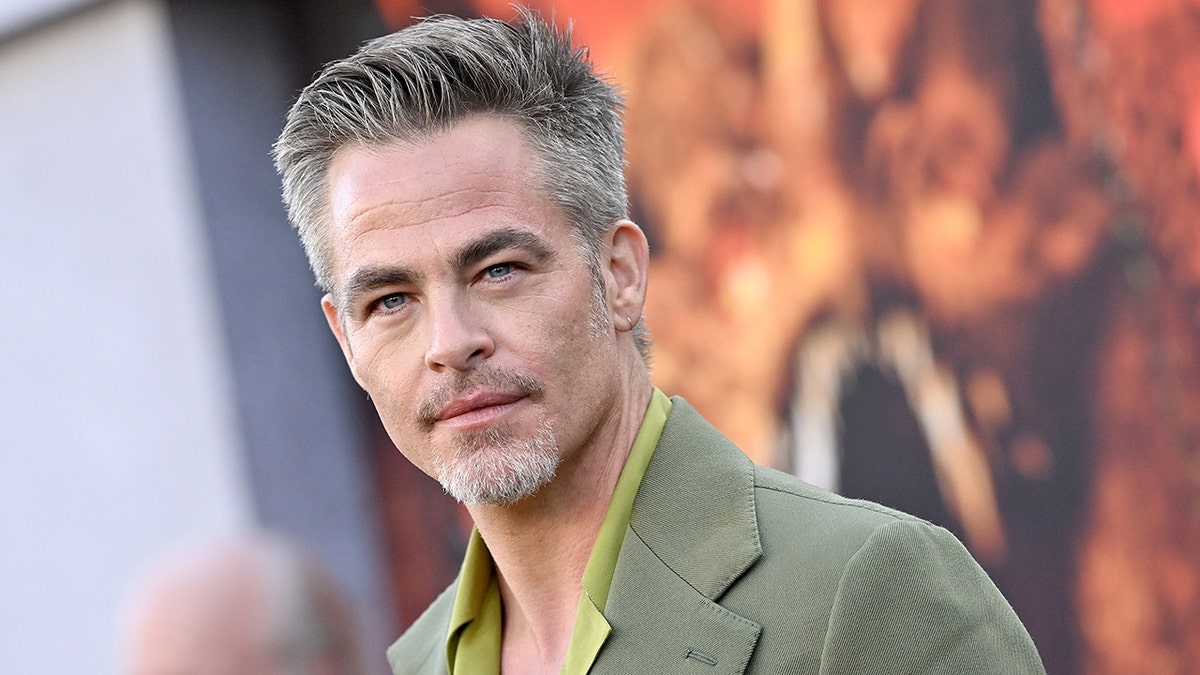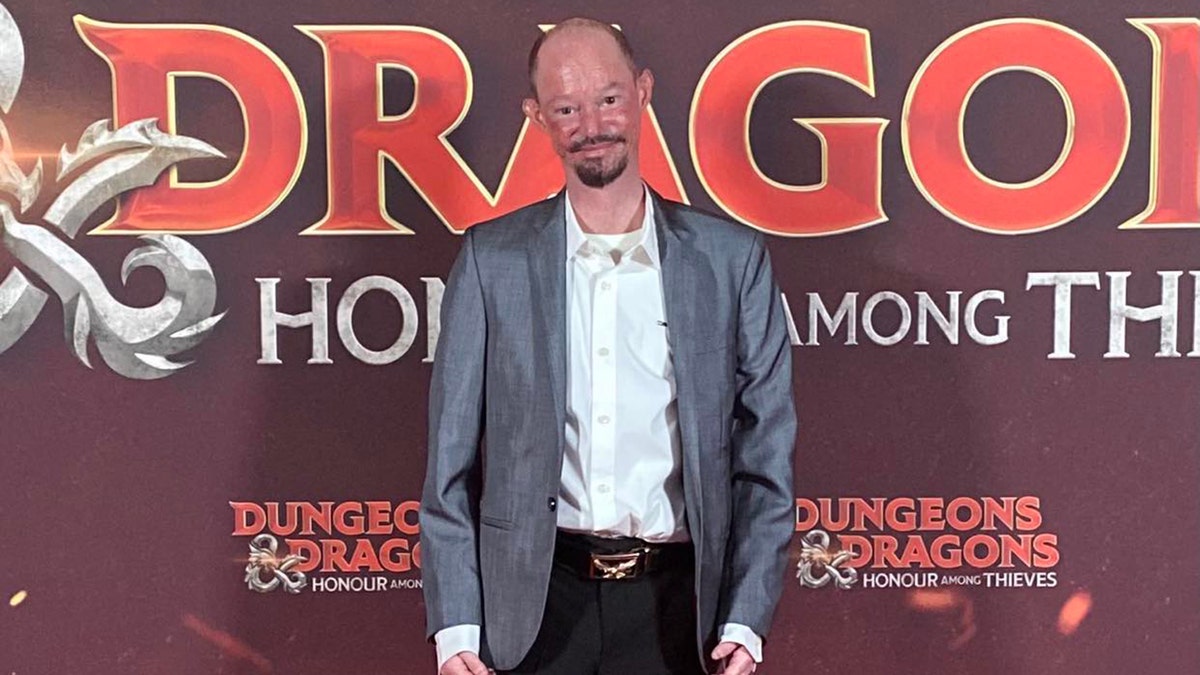The iconic tabletop role-playing game Dungeons & Dragons (D&D), recently celebrating its 50th anniversary, has replaced the term "races" with "species" for character creation. This change, alongside new guidelines encouraging players to establish comfort levels and boundaries regarding sensitive content, has stirred mixed reactions within the D&D community.
The shift aims to decouple character traits from biological origins. For example, mountain dwarves are no longer automatically strong and resilient, while high elves aren't inherently intelligent and dexterous. This allows players more freedom in customizing their characters. Furthermore, the game now suggests pre-campaign sessions where players can discuss potential trigger topics they'd prefer to avoid, such as sexual assault or drug use.
Proponents argue these changes foster a more inclusive and sensitive gaming environment. Ryan Lessard, a D&D writer and dungeon master, believes these updates signal to current and potential players that the game prioritizes a safe and thoughtful approach to fantasy storytelling.

Chris Pine, star of the "Dungeons & Dragons: Honor Among Thieves" movie. (Axelle/Bauer-Griffin/FilmMagic/Getty Images)
However, some long-time fans and game designers express frustration, viewing the changes as unnecessary and a concession to overly sensitive trends. Robert J. Kuntz, a frequent collaborator with D&D co-creator Gary Gygax, questions the need to address the term "race" at all.
Wizards of the Coast, D&D's publisher, defends the modifications, stating they reflect player demand for greater character customization. Yet, critics contend that the pursuit of inclusivity compromises the game's original essence and spirit.

Darren Kent on the "Dungeons & Dragons" red carpet. (Carey Dodd Associates)
Online discussions, particularly on X (formerly Twitter), have further fueled the debate. Elon Musk, owner of X, strongly criticized Hasbro and Wizards of the Coast for seemingly distancing themselves from the game's original creators and their vision. He took issue with the new handbook's foreword, which claims the original game marginalized or disrespectfully portrayed women and treated slavery insensitively.
Mark Kern, former team lead of "World of Warcraft," adds another layer to the discussion by pointing to a broader trend in the video game industry. He suggests that catering to progressive views in game content is often driven by financial incentives and access to funding from organizations like Sweet Baby Inc., which specializes in inclusion-focused narrative consulting for video games.
Comments(0)
Top Comments